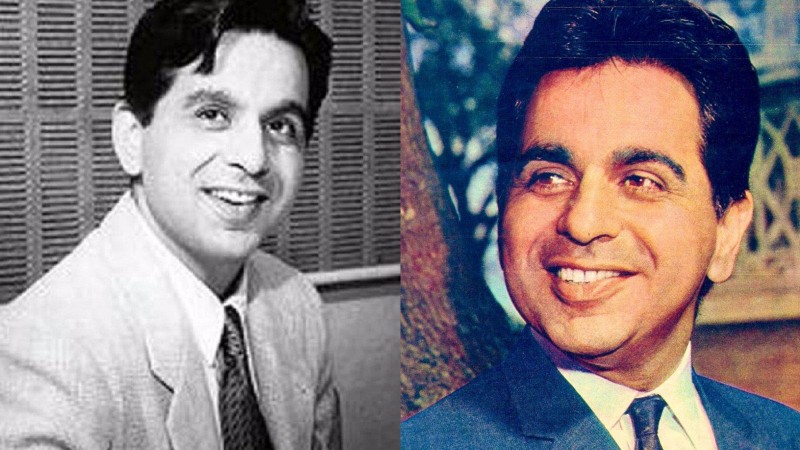
The word "Dilip Kumar" conjures up memories of a legendary actor whose genius has irreparably etched itself into Indian cinema. The metamorphosis of a young guy named Mohammad Yusuf into the renowned Dilip Kumar may not be widely known, despite the prestigious name being behind it. Let's take a tour through this renowned actor's life and career to examine the transformation that led to his emergence as the "Tragedy King" of Indian cinema.
Dilip Kumar was raised in a low-class family after being born Mohammad Yusuf Khan on December 11, 1922, in Peshawar, British India (now Pakistan). The early years of Mohammad Yusuf were spent in a caring and supportive environment because his father was a fruit dealer.
Mohammad Yusuf made his cinematic debut in 1944 when he was 22 years old with the picture "Jwar Bhata." His career did not, however, really take off until Devika Rani, the co-founder of Bombay Talkies, signed him. Devika Rani came up with the idea for the stage name "Dilip Kumar," which was derived from the name of a role he played in his debut movie.
Dilip Kumar's career started to take off after getting a new screen name. He received praise for his inherent acting talent and unique capacity to portray emotions in a genuine way. He shown his adaptability in movies like "Andaz" (1949) and "Deedar" (1951), which helped him establish himself as a promising performer.
Dilip Kumar's career underwent a significant change in the 1950s, which helped him establish himself as the "Tragedy King." His tragic hero roles in movies like "Devdas" (1955) and "Madhumati" (1958) demonstrated his remarkable acting abilities and established him as a representative of characters experiencing internal tensions and emotional torment.
Dilip Kumar was admired for his tragic performances, but he also showed his versatility by being excellent in a variety of genres. He demonstrated his talent in romantic and comedic parts in movies like "Mughal-e-Azam" (1960) and "Ram Aur Shyam" (1967), solidifying his reputation as one of India's best actors.
The impact Dilip Kumar has had on Indian cinema extends beyond his on-screen work. He was a key figure in developing the contemporary acting style used in Indian cinema, stressing natural expressions and realistic portrayals. Many generations of actors that came after him have carried on his legacy in their profession.
The path taken by Mohammad Yusuf to become Dilip Kumar is evidence of the ability of talent and commitment to change lives. Dilip Kumar's life story is one of inspiration and admiration, from a young man with aspirations in his eyes to a great actor whose name became associated with brilliance. His performances never cease to inspire and touch audiences, demonstrating that genuine talent is timeless and has no bounds. Dilip Kumar will live on in the annals of Indian film as a cinematic treasure whose brilliance will never fade.
Jonty Rhodes: The Flying Phenomenon Who Redefined Fielding in Cricket
Hosting the Perfect Party: Tips for Success and Memorable Moments
Anushka Sharma: A Trailblazer in Bollywood's Glamorous Universe